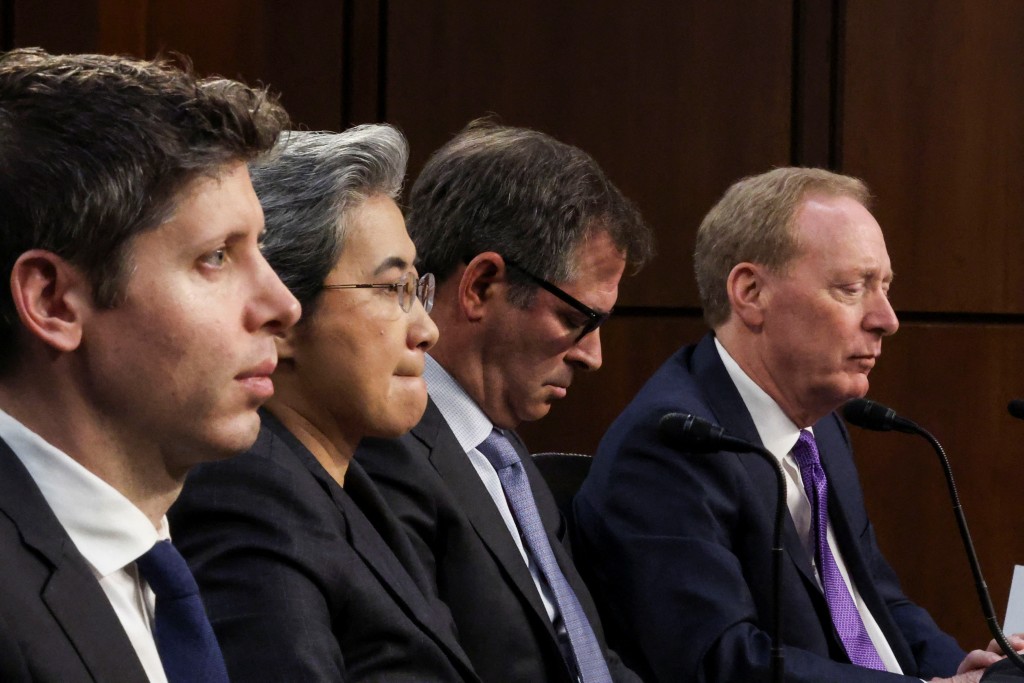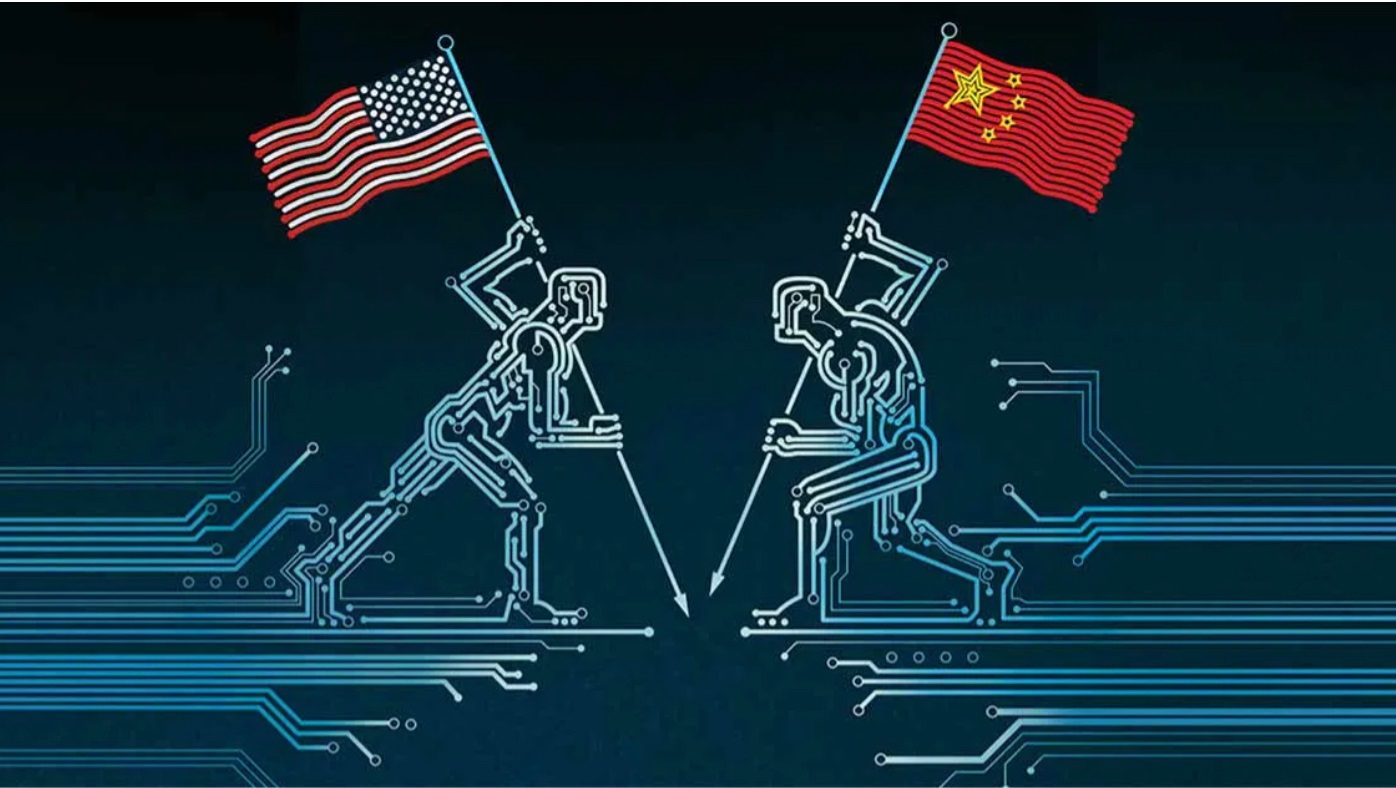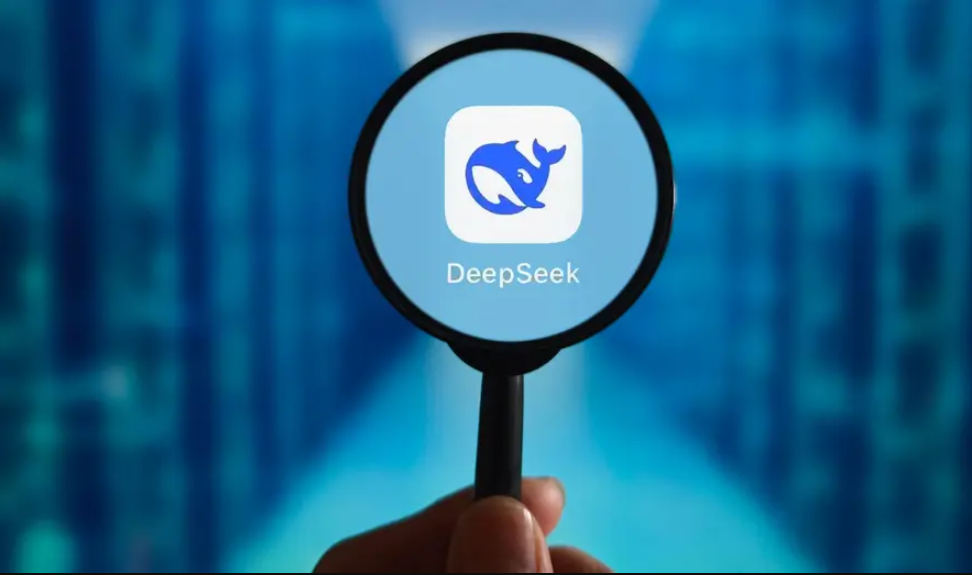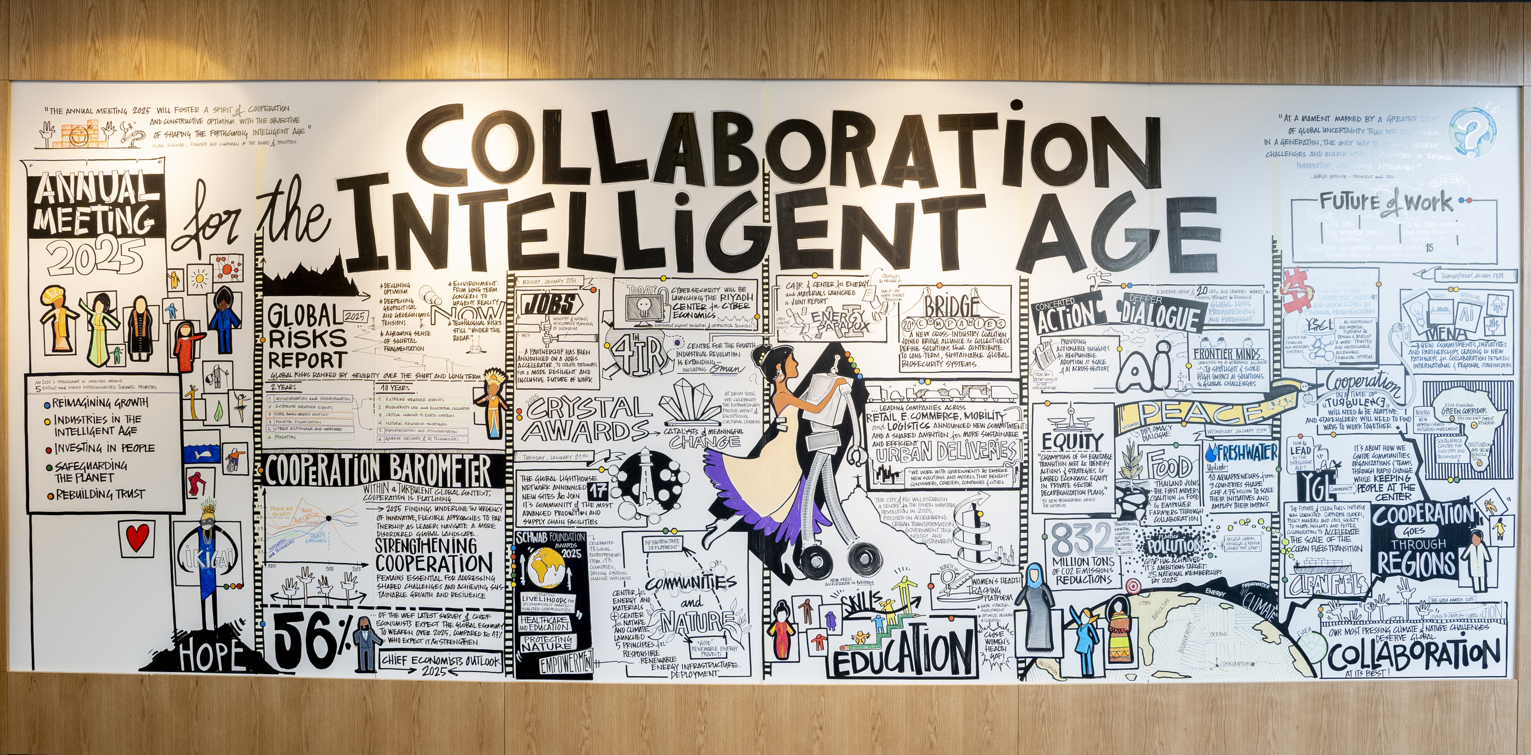
Sheng Zhonghua, Researcher and Postdoctoral Fellow, Centre on Contemporary China and the World, The University of Hong Kong
Jul 04, 2025
Data security governance has become a global priority amid rising competition over data resources, with the U.S., EU, and China adopting distinct models: the U.S. favors a market-driven, security-conscious approach with public-private cooperation; the EU relies on strict regulatory frameworks like the GDPR; and China enforces centralized, party-led oversight. Despite their differences, all three aim to strengthen data security within their respective systems.

Tang Xinhua, Associate Researcher, Tsinghua University’s Institute of International Relations
Jun 27, 2025
The United States is moving aggressively to solidify its technological dominance. This has become the core logic behind its efforts to reshape the global order. But the best approach for the world is to develop a model of cooperation rooted in mutual benefits and shared gains.

Sheng Zhonghua, Researcher and Postdoctoral Fellow, Centre on Contemporary China and the World, The University of Hong Kong
Jun 19, 2025
AI governance is a shared global challenge, and China and the U.S., as major AI powers, face new risks and challenges with Trump's return to the White House, making cooperation neither wholly pessimistic nor optimistic. A transactional "strategic stability dialogue" should be established to build trust, manage competition, rather than direct rivalry, and ensure transparency and rationality in AI governance despite rising tensions.
Ghulam Ali, Deputy Director, Hong Kong Research Center for Asian Studies
Jun 17, 2025
U.S. restrictions aimed at obstructing China’s technological development have, in practice, accelerated China’s pursuit of technological self-reliance.

Li Yan,, Director of Institute of Sci-Tech and Cyber Security Studies, China Institutes of Contemporary International Relations
Fan Xiaoying, Research Fellow at Institute of Sci-Tech and Cyber Security Studies, China Institutes of Contemporary International Relations
Jun 03, 2025
China-U.S. competition in the realm of artificial intelligence boils down to development ability. The advantages of the United States are no longer secure. What matters is who will lead sustainably in the future.

Christopher A. McNally, Professor of Political Economy, Chaminade University
May 23, 2025
China’s new export licensing system strengthens its control over key rare earth elements, deepening supply chain risks. Although new processing facilities are emerging abroad, they won’t soon offset China’s dominance, prolonging global uncertainty.

Xiao Qian, Deputy Director, Center for International Security and Strategy at Tsinghua University
Apr 14, 2025
Yes, they can. As the world’s two major powers in AI technology, the U.S. and China must work together to build capacity, contribute to AI for developing countries, bridge the digital divide and help achieve the United Nations Sustainable Development Goals.

Philip Cunningham, Independent Scholar
Mar 27, 2025
The debate over DeepSeek puts on clear display how political nationalism risks stifling technological progress. While some push for strict AI decoupling, experts warn that restricting collaboration could undermine innovation. We must find a way to balance national security with the open exchange of ideas that drives scientific advancement.

Brian Wong, Assistant Professor in Philosophy and Fellow at Centre on Contemporary China and the World, HKU and Rhodes Scholar
Mar 27, 2025
China’s recent successes in tech and entertainment have proven to the world that its creativity and innovation can keep pace with the Western-dominated zeitgeist. How might this translate into China’s relations with states across the globe?

Li Yan, Director of President's Office, China Institutes of Contemporary International Relations
Feb 25, 2025
Three major conferences held in Europe — the Davos Forum, the Artificial Intelligence Action Summit and the Munich Security Conference — underscored the defining feature of the current international landscape: It’s a complex and evolving mix of cooperation and competition.